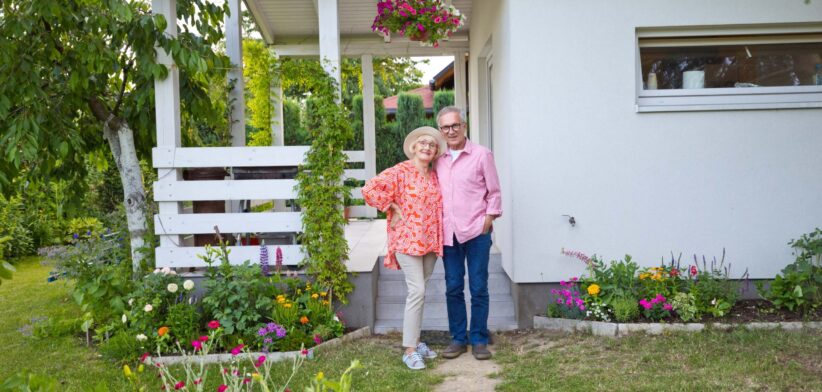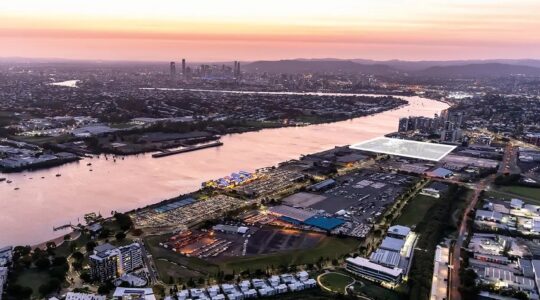Australian housing policies need to address allocation, not just supply, to overcome the current crisis.
Speaking at an industry forum, ANZ Chief Economist Richard Yetsenga said new housing supply was not the total answer to the present issues in the housing market.
Mr Yetsenga said there were 11 million dwellings in Australia for 27 million people.
“That suggests there is an allocation problem, not a supply problem.”
He said Australia needed to look at polices used overseas as a way to give more people access to the current stock.
“In Singapore if you want a second property, you pay 30 to 40 percent stamp duty. Here we give you a tax break.”
Mr Yetsenga said the exception in Singapore was if the second home was for ageing parents, which is then incentivised.
He said in Australia we encouraged the elderly to stay in homes which were often too big for them.
In a wide-ranging discussion at a Queensland Futures Institute forum looking at the state’s economic outlook, Mr Yetsenga was joined on a panel by Brighter Super Chief Financial Officer Garnett Hollier and KPMG Partner and Geopolitics Australia Lead Dr Merriden Varrall.
Each spoke about the current risks and opportunities in Queensland.
Mr Hollier said while Queensland had faced serious headwinds in the recent past, there were now a number of tailwinds that provided opportunities, including the economic drivers of the Brisbane 2032 Games and sustained population growth and the wealth of natural resources needed in the transition to renewable energy.
He said the risk was the competition for resources, such as labour, needed to maximise the opportunities.
“It is important we get the balance of policy levers right.”
Dr Varrall said Queensland could not isolate itself from the geopolitical issues occurring around the world.
She said there was a trend of countries weaponizing trade and investment to protect their interests and a reshaping of the world order was underway.
“Countries that have not been at the table before are now working together.”
She pointed to the BRICS group, which initially included Brazil, Russia, India, China and South Africa, but was growing in size with recent additions including Egypt, Ethiopia, Iran and the United Arab Emirates and now represented a larger share of world GDP than the G7.
“They may not agree on what they want, but they do agree on what they don’t want and that is a liberal US-led world order.”
Dr Varrall said the shift on the world stage was exacerbated by politics in the United States, which she said would continue to be an issue regardless of who wins the upcoming presidential election.
She said currently the United States political system was among the most dysfunctional in the world.
“The biggest risk at the moment is the US versus itself.”
However, she said opportunities arose from understanding the risks.
“Do what you need to do to get the intel you need and then plan.
“Change is always an opportunity if you are prepared.”








